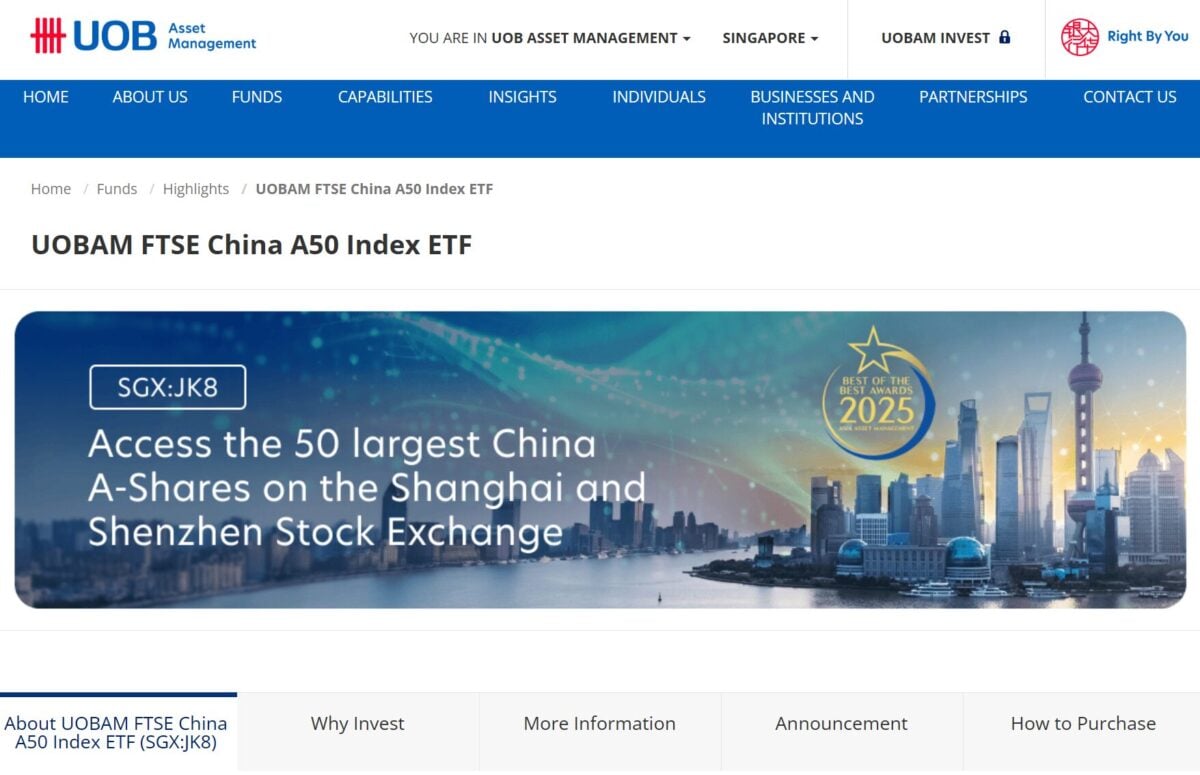This article was contributed to us by Melvin Yuan, Founder & CEO of Stellar
If you’re running a business in Singapore, you’ve likely heard the clock ticking on a key compliance deadline. By 30th September 2024, every company, big or small, must appoint a Data Protection Officer (DPO) under the Personal Data Protection Act (PDPA).
I get it—this might sound like another administrative hassle. But before you toss this aside, consider the real-world impact: mishandling data can cost you up to SGD 1 million in fines and, perhaps more importantly, your reputation.
Why Data Protection Matters (And Why It’s Not Optional)
We all know data is the backbone of modern business. Whether it’s customer info, employee records, or even that sneaky little chatbot interaction powered by AI, personal data is everywhere. If it slips out of your grasp, the costs can be immense—lawsuits, loss of trust, and irreversible damage to your brand.
The truth is that businesses are processing more personal data than ever before. With new tools like Generative AI throwing unexpected wrenches into your data flow, it’s more important than ever to have someone keeping an eye on the shop. This isn’t just about checking a compliance box; it’s about protecting your business’s lifeblood.
The Deadline That’s Coming Fast
Come 30th September 2024, every business in Singapore must have a DPO on deck. For startups, this means right from incorporation. The DPO’s job? To oversee data protection measures, manage compliance, and handle crises like data breaches. Think of them as your safety net when (not if) things go wrong with your data.
What Happens If You Ignore This? (Hint: You Don’t Want To)
Not complying with this requirement isn’t just bad business—it’s a financial nightmare waiting to happen. Without a DPO, you’re opening the door to fines of up to SGD 1 million. And that’s just the beginning. A serious data breach could halt your operations, damage customer trust, and leave your brand in tatters.
To put things into perspective: Carousell got slapped with a SGD 58,000 fine for a data exposure incident earlier this year. Horizon Fast Ferry? SGD 28,000 after a ransomware attack. These cases show how even a small misstep can have major financial consequences.
So, What Does a DPO Actually Do?
You might think a DPO just sits around drafting policies, but they’re much more than that. They’re the backbone of your entire data protection strategy. Here’s a snapshot of what they do:
Conduct regular audits to ensure compliance with PDPA regulations.
Draft policies to align your data practices with the law.
Provide essential training for employees on handling personal data.
Manage any crises, like a data breach, and handle communications with regulators.
A good DPO is worth their weight in gold, especially when things go south.
Outsourcing Your DPO: A Smarter Move for Startups and SMEs
If the idea of hiring a full-time DPO makes you wince (understandably), outsourcing might be your best option. An outsourced DPO brings the same level of expertise without the overhead of hiring and managing a new employee.
You could also appoint someone internally to double up as the DPO, but keep in mind that in a crisis, this could stretch them too thin. And when your business is under fire, you want your leadership team laser-focused on operations, not firefighting a data breach.
What’s Next for Your Business?
With the compliance deadline looming, now is the time to figure out your data protection strategy. Whether you go the in-house or outsourced route, the priority is making sure your business meets PDPA requirements.
Stellar’s DPO services can ease the burden on your team and keep your business compliant. Head to Stellar’s website where you can find out more about how Data Protection Officer (DPO) as a service can help you get ready for the 30th September 2024 deadline, and beyond.
The post DPO Appointment by 30 September 2024: A Deadline Your Company Can’t Ignore appeared first on DollarsAndSense.sg.










